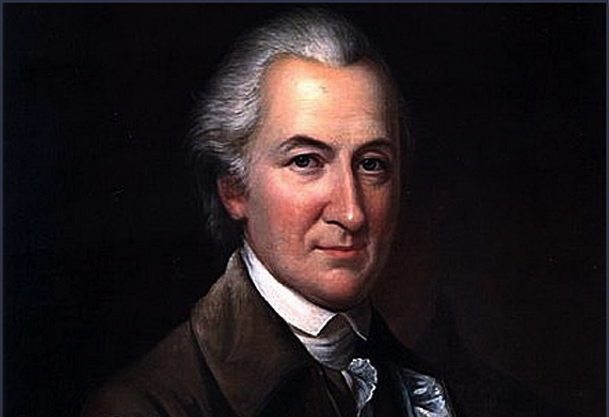We cannot be happy, without being free…we cannot be free, without being secure in our property…we cannot be secure in our property, if, without our consent, others may, as by right, take it away.
[Mankind’s] welfare…can be found in liberty only, and therefore her sacred cause ought to be espoused by every man on every occasion, to the utmost of his power.
Violations of the rights of the governed, are commonly…small at the beginning… They regularly increase…till at length the inattentive people are compelled to perceive the heaviness of their burdens…too late. They find their oppressors so strengthened by success, and themselves so entangled in examples of express authority on the part of their rulers, and of tacit recognition on their own part, that they are quite confounded.
The forms of liberty may be retained, when the substance is gone.
Silence and inactivity shall not give my implied assent to any act, degrading my brethren and myself from the birthright, wherewith heaven itself “hath made us free.”
Liberty, perhaps, is never exposed to so much danger, as when the people believe there is the least; for it may be subverted, and yet they not think so.
The love of liberty is so natural…that unfeeling tyrants think themselves obliged to accommodate their schemes as much as they can to the appearance of justice and reason…to deceive those whom they resolve to destroy, or oppress.
For who are a free people? Not those, over whom government is reasonable and equitably exercised, but those who live under a government so constitutionally checked and controlled, that proper provision is made against its being otherwise exercised.
I am resolved to contend for the liberty delivered down to me.
-John Dickinson (Colonial legislator, member of the Stamp Act, Continental, and Confederation Congresses, chief executive of both Delaware and Pennsylvania, president of the 1786 Annapolis convention that led to the Constitutional Convention)
(H/T: Issues and Insights)
